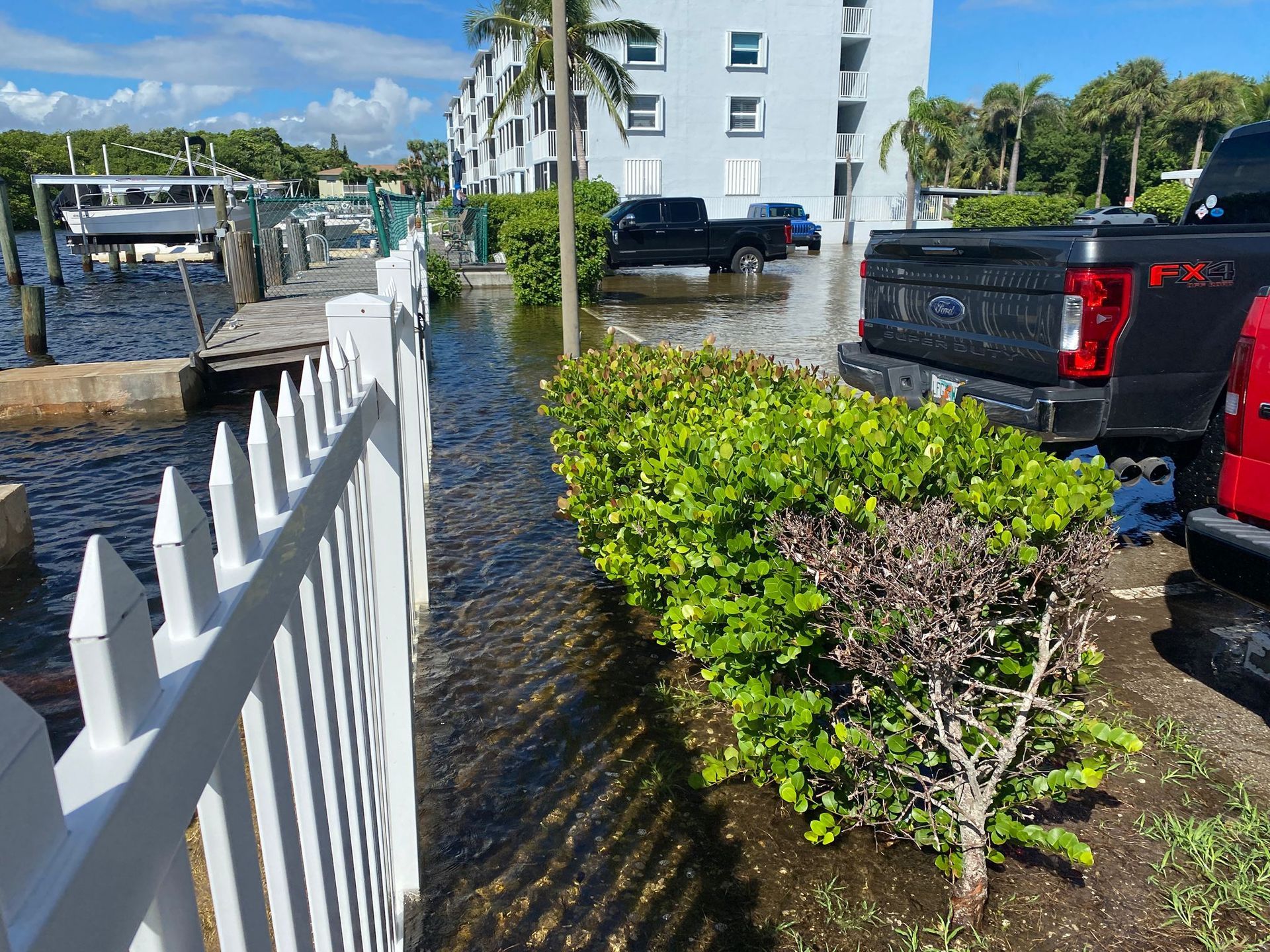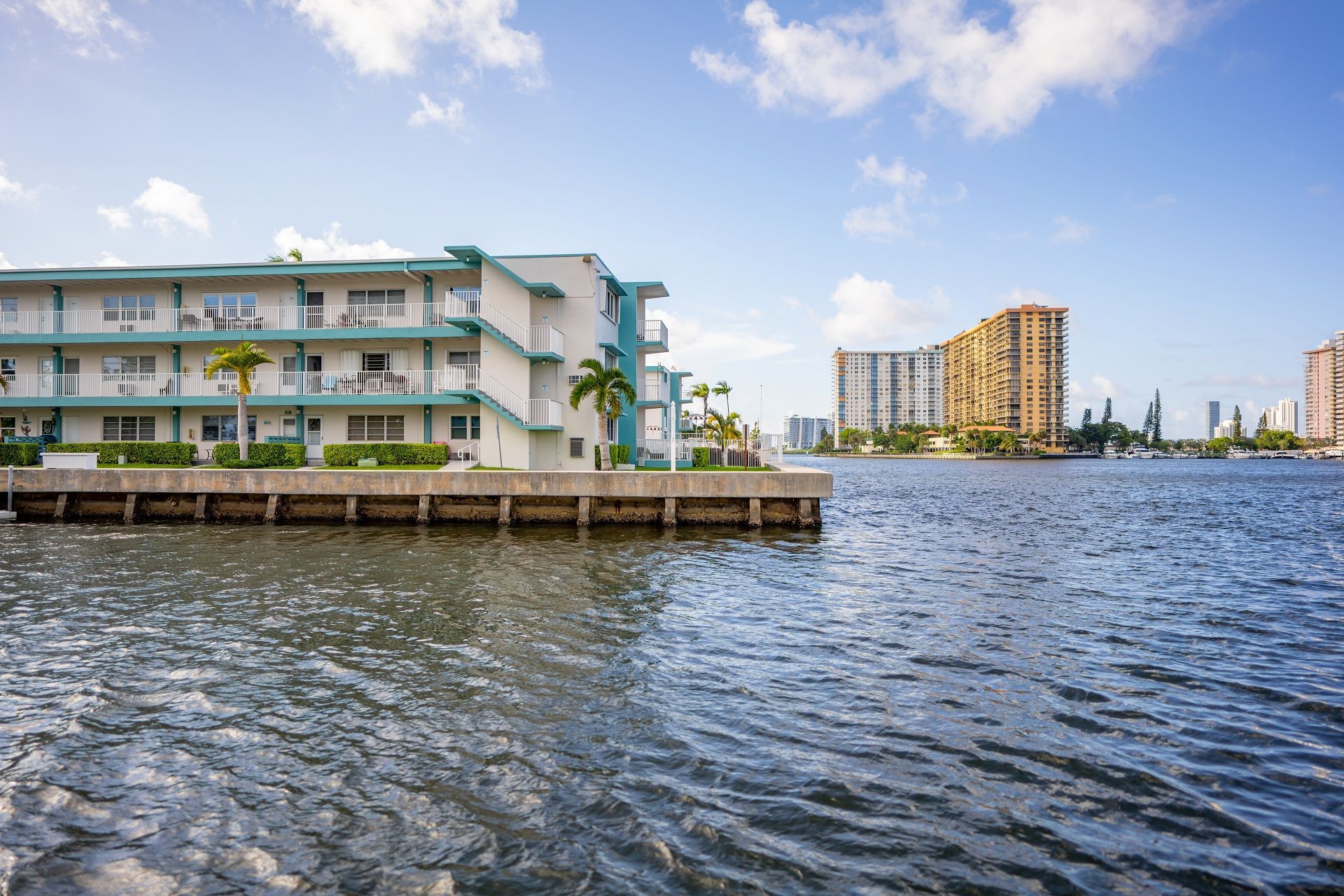What is a Water Damage Inspection and Who Should Perform It?
Water damage can cause a lot of trouble for your property, resulting in repairs and potential health risks. For people living in Florida, where they often experience rains and hurricanes, understanding the significance of conducting a water damage inspection is crucial. This article will explore what a water damage inspection involves and who should perform it. Why it's essential, particularly for those dealing with water damage claims, insurance claims inspections, and mold damage inspections.
What is Involved in a Water Damage Inspection?
A
water damage inspection is an evaluation done to determine the extent of water-related harm to a property. This inspection includes pinpointing the water infiltration's source, evaluating the damage's extent, and devising a plan for mitigation and restoration. Key elements of such an inspection include:
1. Identifying the Source
The first step in a water damage inspection is identifying the source of the water intrusion. This could be due to a variety of reasons, such as:
- Leaking or burst pipes
- Roof leaks
- Flooding from heavy rains or hurricanes
- Sewage backups
- Appliance malfunctions
2. Assessing the Extent of Damage
Once the source is identified, inspectors assess the extent of the damage. This includes:
- Inspecting affected areas for visible damage
- Checking for structural damage
- Measuring moisture levels in walls, floors, and ceilings
- Identifying potential mold growth
3. Documenting Findings
Documenting the findings is crucial for insurance claims and future reference. Inspectors typically take photos, make detailed notes, and use moisture meters to record the extent of the damage.
4. Formulating a Mitigation Plan
Based on the inspection, a detailed mitigation plan is developed. This plan outlines the necessary steps to remove water, dry affected areas, and restore the property to its pre-damage condition.
Who Should Perform a Water Damage Inspection?
Performing a
water damage inspection requires expertise and specialized equipment. Therefore, it is recommended that professionals be hired for this task. Here's who should perform these inspections:
1. Certified Water Damage Restoration Companies
Certified water damage restoration companies have trained professionals who specialize in dealing with water damage. They possess the necessary skills and equipment to conduct thorough inspections and provide effective mitigation and restoration services.
2. Licensed Home Inspectors
Licensed home inspectors can also perform water damage inspections, particularly during property transactions. They can identify potential water damage issues that may affect the property's value and integrity.
3. Insurance Adjusters
Insurance adjusters are typically involved in insurance claims inspections. They assess the damage to determine the compensation amount. It's beneficial to have a professional water damage inspector present during this process to ensure all damage is accurately documented.
4. Mold Remediation Specialists
Mold damage inspections often go hand-in-hand with water damage inspections. Mold remediation specialists can identify and assess mold growth resulting from water damage, ensuring comprehensive restoration.
Importance of Water Damage Inspections in Florida
Florida's unique climate and weather patterns make water damage inspections particularly important. Here's why:
1. Frequent Heavy Rains and Hurricanes
Florida is prone to heavy rains and hurricanes, leading to a higher risk of water damage. Regular inspections help in early detection and prevention of extensive damage.
2. High Humidity Levels
Florida's high humidity levels create a conducive
environment for mold growth following water damage. Prompt inspections can prevent mold infestations, protecting both health and property.
3. Insurance Claims
Timely and thorough water damage inspections are crucial for filing insurance claims. Proper documentation of the damage ensures that you receive fair compensation for repairs and restoration.
4. Protecting Property Value
Regular inspections and prompt repairs help maintain the value of your property. Water damage left unchecked can lead to structural issues and decreased property value.
Steps Involved in a Water Damage Inspection
Here's a step-by-step look at what a water damage inspection typically involves:
1. Initial Assessment
The inspection begins with an initial assessment, during which the inspector examines the property to understand the situation. This includes:
- Visual inspection of the property
- Identifying any immediate hazards
- Gathering information from the property owner about the water intrusion event
2. Detailed Examination
A more detailed examination follows, which includes:
- Using moisture meters to measure moisture content in various building materials
- Thermal imaging to detect hidden moisture behind walls and under floors
- Inspecting areas prone to mold growth
3. Damage Documentation
The inspector documents all findings through photos, notes, and moisture readings. This documentation is essential for insurance claims and for developing a remediation plan.
4. Reporting
After the inspection, a detailed report is prepared. This report includes:
- The source of water intrusion
- Extent and type of damage
- Moisture readings and affected areas
- Recommendations for remediation and repair
5. Developing a Remediation Plan
Based on the findings, the inspector develops a remediation plan. This plan outlines the steps needed to:
- Remove any standing water
- Dry out affected areas
- Repair or replace damaged materials
- Address mold issues if present
In Conclusion
Conducting a water damage inspection is a crucial step in recognizing and addressing water-related issues within a property. In Florida, regular inspections are crucial due to the state's vulnerability to rainfall, hurricanes, and high humidity levels.
Certified water damage restoration companies, licensed home inspectors, insurance adjusters, and mold remediation specialists are best suited to perform these inspections.
Ensuring inspections for water damage is crucial for restoration and safeguarding your property's value, filing insurance claims, and averting health risks such as mold growth. If you're facing water damage concerns in Florida or seeking reassurance about your property's safety, consider contacting our team. For water damage Inspections and associated services in Florida, check out
Certified Inspectors to guarantee the security and value of your property.
Disclaimer: The information on this website and blog is for general informational purposes only and is not professional advice. We make no guarantees of accuracy or completeness. We disclaim all liability for errors, omissions, or reliance on this content. Always consult a qualified professional for specific guidance.
Share the post:






